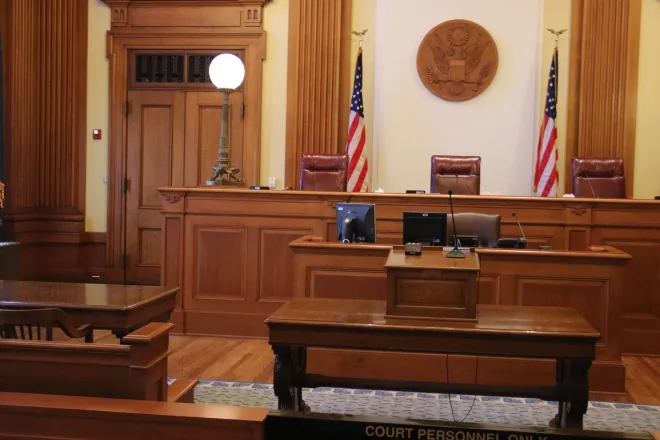
New Nebraska caregiver tax credit has military focus
Click play to listen to this article.
(Nebraska News Connection) As Nebraskans anticipate the upcoming holiday season, some might also be looking ahead to the 2025 tax season, which will include a new tax credit for family caregivers, including those looking after military veterans.
Starting in 2025, a new state law provides eligible family caregivers up to $2,000 in tax credits for out-of-pocket expenses. The cap increases to $3,000 if the family member receiving care has dementia or is a veteran.
Jina Ragland, associate state director of advocacy and outreach for AARP Nebraska, said those who served have access to care benefits through the Department of Veterans Affairs but added it sometimes is not enough.

"Because some of their service-related illnesses or injuries, they extend beyond what they're able to afford, or maybe what the coverage is through the VA," Ragland explained.
She pointed out it puts more pressure on loved ones assisting them on a daily basis. During National Veterans and Military Families Month, supporters of the new law hope more families will see if they are eligible. Ragland noted while it helps reduce the financial strain, greater awareness of resources is also needed, to help all family caregivers avoid burnout.
Ragland emphasized one example is providing caregivers information about where to turn for guidance when a loved one is first discharged from a hospital. She argued entities at all levels need to maintain progress, because their outreach shows a demand for solutions.
"Over 90 percent of Nebraskans say that they want to age in place with the lowest level of care," Ragland reported. "In order to do that, oftentimes we have to rely on family caregivers."
There are no age restrictions to qualify for the tax credit. As for eligibility factors, the law includes an income limit of $50,000 dollars for individuals and $100,000 for married couples.

















